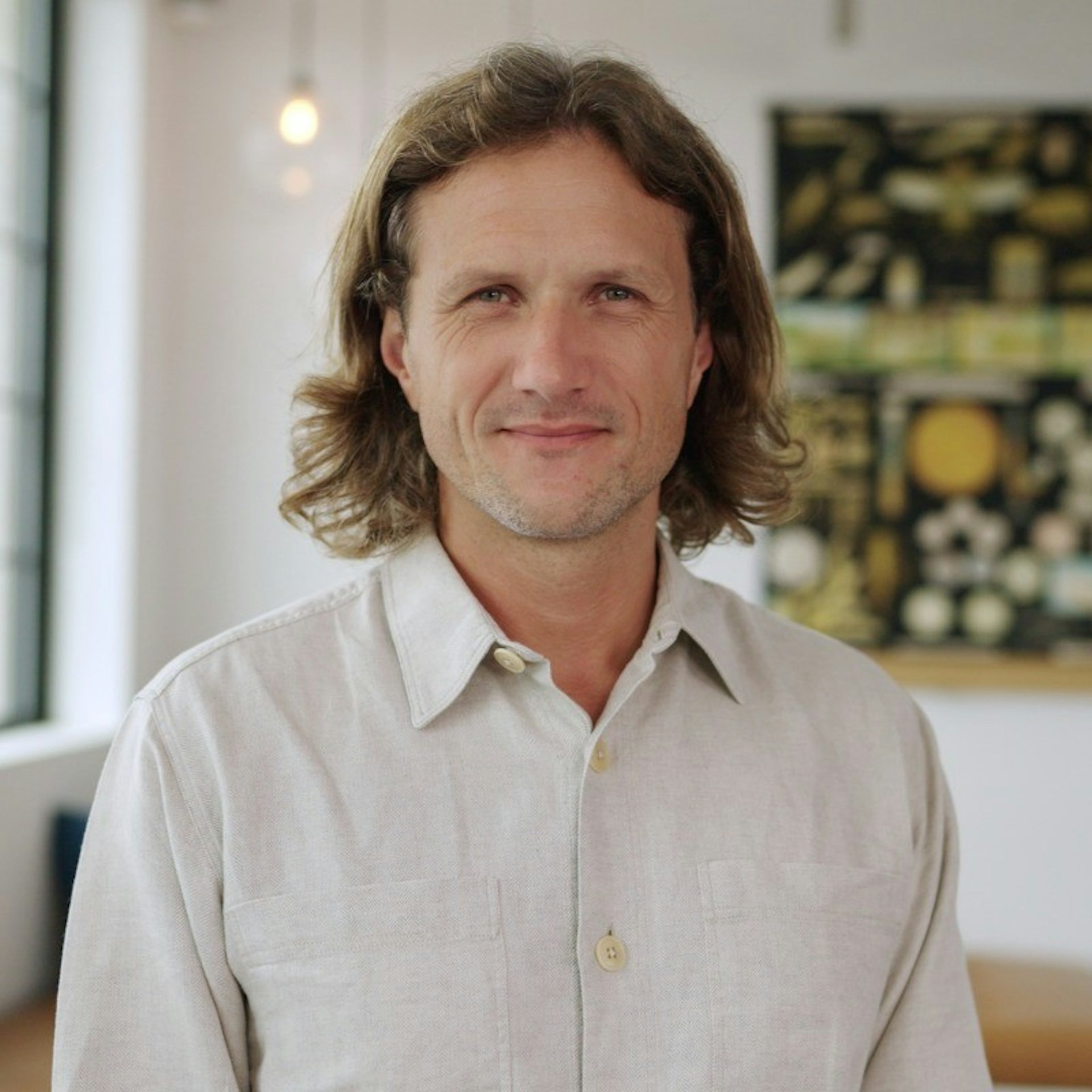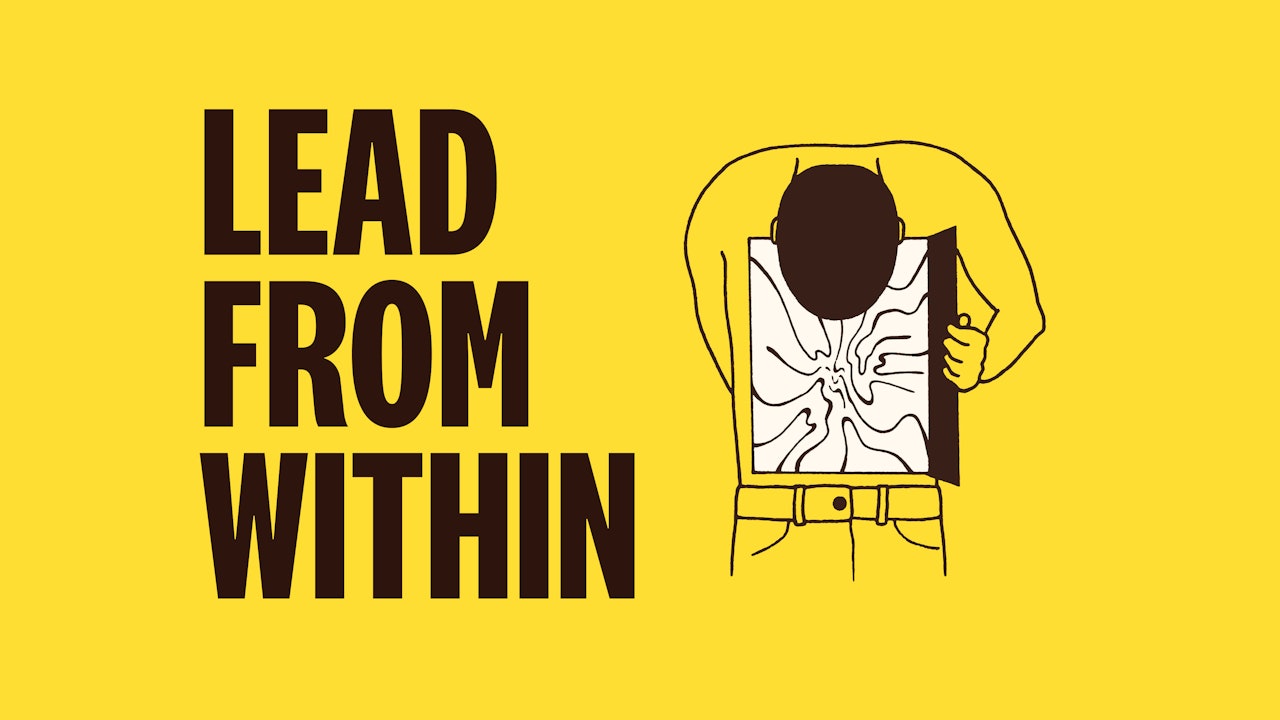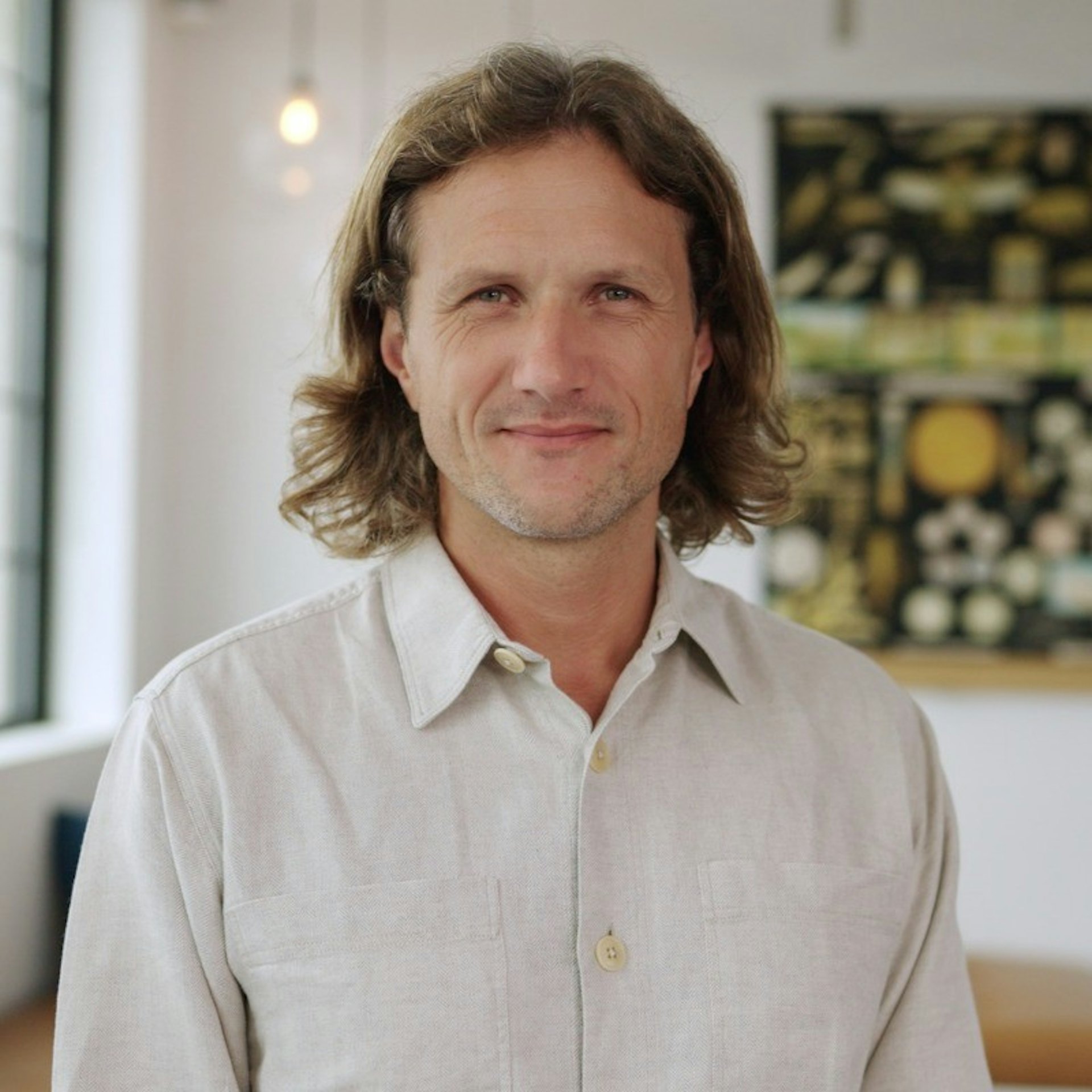“We have to be comfortable with the unknown”: Kathy Diaz, Chief People Officer at Cognizant, on the future of HR leadership

Dr. Nick Taylor
03 April 2024

Content
- Can you start by telling us a little about Cognizant?
- Looking ahead to 2030, what do you think the HR profession will look like compared to today?
- Did you always know you wanted to work in HR?
- How have you balanced managing your personal life, passions, and being a parent amid the pressures of work?
- What is the role of wellbeing at Cognizant, and how does it contribute to your wider business objectives?
- Could you describe the culture at Cognizant? How is it influenced by having a global employee base?
- How do you manage your hybrid work environment? Is it a challenge to maintain connection?
- What is your number one priority moving forward?
In this illuminating conversation on the Lead From Within podcast, I sat down with Kathy Diaz, Chief People Officer at Cognizant. With an impressive career spanning global organizations like Merck, PVH, and Pearson, Kathy brings a wealth of experience and a strategic approach to people leadership.
As the world of work continues to evolve, Kathy’s insights serve as a guiding light for organizations seeking to cultivate a culture of wellbeing, purpose, and innovation. Her vision for the future of HR, grounded in transformative technology, strategic thinking, and a deep commitment to empowering human potential, sets the stage for a more fulfilling and sustainable workplace for generations to come.
Can you start by telling us a little about Cognizant?
Cognizant is an organization that is very global. We have over 350,000 associates in more than 40 countries, with 250,000 in India. We are a professional services firm and a technology partner to the Forbes Global 2000 companies. We do all things to support organizations from their infrastructure, digital needs, and now generative AI.
Looking ahead to 2030, what do you think the HR profession will look like compared to today?
It's such a big question. And some of it's not known, right? So that's the first thing. We have to be comfortable with the unknown, and adjust. And I think with disruptive technologies like generative AI, we need to make sure that we're agile because what we know today will change next year.
But what we do know is that we're going to become much more productive – I still think there's a lot more room for process improvement and technology advancement in HR. For example, we put a chatbot up during our performance management process and within a few hours we had a thousand hits. It's so much easier to ask a chatbot something simple than make a phone call or put in a ticket somewhere.
Using technology in this way will create space for HR to become more strategic – the HR role will become much less transactional and the true partnership that we will provide will be in problem solving and helping the business achieve its results. I think it's a really exciting time to be in HR.
Did you always know you wanted to work in HR?
Funnily enough, I almost chose to be an artist. I tried both art and accounting. That blend of technical skill and creativity is really what I bring to the table as a People leader.
The analytical accountant side of me helps with budgets, planning and all those analytical pieces that people may not think of when they think of HR. Then the artist in me brings a creative lens to problem solving – with any problem, there’s always a multitude of solutions and I don’t back away from trying something different, whether I’m looking at policies and processes or how we implement things.
My job is really marrying data and financial information with the study of humans and how we all are as people, and bringing that together to tell a compelling story.
How have you balanced managing your personal life, passions, and being a parent amid the pressures of work?
I’ve been really fortunate to work at great companies where I was afforded real flexibility. My family always come first, and there were times in my career where I was part-time – for almost seven years. When my children were young, that flexibility gave me time to spend with them, to be at their school activities, and give them a really rich childhood experience.
At the same time, my career has always been important to me. One of the best decisions I made in my life is was choosing a really great life partner who has supported me all the way, that’s made all the difference. Without a supportive partner, I don't know that I would have stayed in the workforce because I wanted to make sure that my family was looked after – that’s always been my number one priority.
What is the role of wellbeing at Cognizant, and how does it contribute to your wider business objectives?
Wellbeing is a core part of our offer and has been for a long time. We have a piece of technology that we call My Rewards that helps make everyone – all of our associates in the US and India – aware of our mental health resources and wellbeing programs.
The other thing that we're doing right now is a wellbeing ally program which we just started piloting within HR. That to give associates a mental health ally who can help somebody who may be struggling.
Beyond individual benefits and programmes, it's really a culture of wellbeing that we're trying to instill. It's really just the idea that managers are supporting associates each and every day in all of the ways that they need to balance their life and their work.
For a long time, I think wellbeing was seen as something extra. But now people’s expectations have changed, they want to see that they're in a place that supports them more broadly as a human being.
A lot of our associates will determine whether or not they join us or stay with us based on whether they feel that the company will support their wellbeing. That gives us a powerful motivation to prioritize wellbeing, not just from a personal perspective but from a business perspective too. It's not a nice-to-have any more.
Could you describe the culture at Cognizant? How is it influenced by having a global employee base?
We are a people company, and in India, where more than half our employees are based, our wellbeing activities really get families involved, which I have been super impressed by. It's a very familial culture. A lot of people know each other and know each other's families. You can see that transcends into the company. I
In general, the company culture is very entrepreneurial, right, as a startup. Even though we’ve evolved into this giant Fortune 200 company, that entrepreneurial spirit is still there today. That culture is what gets the best results for our clients, that’s what they love about us.
How do you manage your hybrid work environment? Is it a challenge to maintain connection?
Hybrid work is a unique challenge in that our associates really need to follow what their clients want for each account. Beyond that, we're able to offer flexibility, but we are trying to make sure that people understand the benefits of being in an office regularly.
I even think for myself, I forgot how much I really enjoyed being in an office until I started getting into the habit of regularly coming in. There is something very human about that you just don't have when you're at home.
And at the same time, people are very productive at home because there is less interruption. But when you think about being innovative and collaborative and coming up with ideas, it’s much more efficient to be together.
What is your number one priority moving forward?
Destigmatizing mental health has to be a top priority for every company. And I'm certainly putting it at the top of my list. I always think that every leader in a business, be it a manager, an executive, or the CEO, has a role to play in normalizing the topic of mental health to really help smash down that stigma. Making sure that people feel really safe to speak up in the workplace will create so much more opportunity for all of us.
About the Author

Dr. Nick Taylor, Co-Founder & CEO at Unmind
About the Author
